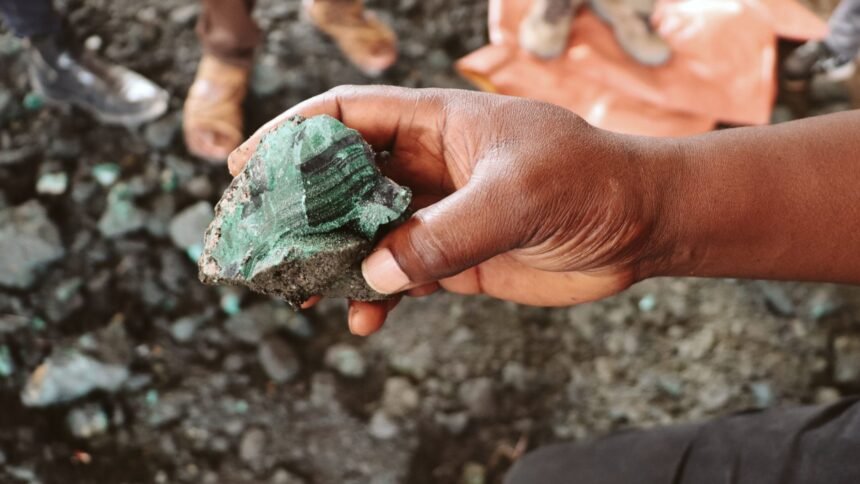The Democratic Republic of Congo (DRC), the world’s largest supplier of cobalt, has prolonged its suspension on cobalt exports for an additional three months. The initial four-month ban, introduced in February after prices plummeted to a nine-year low of $10 per pound, was set to expire on Sunday. However, authorities have opted for an extension, citing persistent oversupply in the market.
In a statement released on Saturday, the Authority for the Regulation and Control of Strategic Mineral Substances’ Markets (ARECOMS) confirmed the decision, attributing it to “the continued high level of stock on the market.” The regulator indicated that a further review would take place before the new deadline in September, with options to adjust, prolong, or entirely lift the restriction.
Cobalt is a vital component in rechargeable batteries, playing a pivotal role in the global shift toward renewable energy and electric vehicles (EVs). The DRC dominates production, supplying more than 70% of the world’s cobalt. However, a surge in output, coupled with slowing demand from the EV sector, has driven prices downward, prompting Congolese authorities to intervene.
The extension has exposed divisions among key industry players. While some major producers, such as Glencore, the world’s second-largest cobalt miner support the implementation of export quotas, others, including top producer CMOC Group (a Chinese firm), have pushed for the ban to be scrapped. Similarly, the Eurasian Resources Group, another significant operator in the DRC, has lobbied for a resumption of exports.
The Congolese government itself appears divided on the issue. Zack Hartwanger, an analyst at Swiss commodity trader Open Mineral, noted that some officials have raised concerns about lost revenue, employment impacts, and disruptions to informal supply chains. “There’s tension between industrial policy goals and economic realities,” Hartwanger observed.
The government’s move reflects an attempt to stabilise prices and manage supply, but the prolonged suspension risks unintended consequences. With global demand for cobalt expected to rise in the long term, the DRC faces the challenge of balancing immediate economic pressures with its strategic position in the battery supply chain.
As the September review approaches, stakeholders will be watching closely to see whether the government adjusts its approach or maintains its restrictive stance in an effort to sustain market value.










